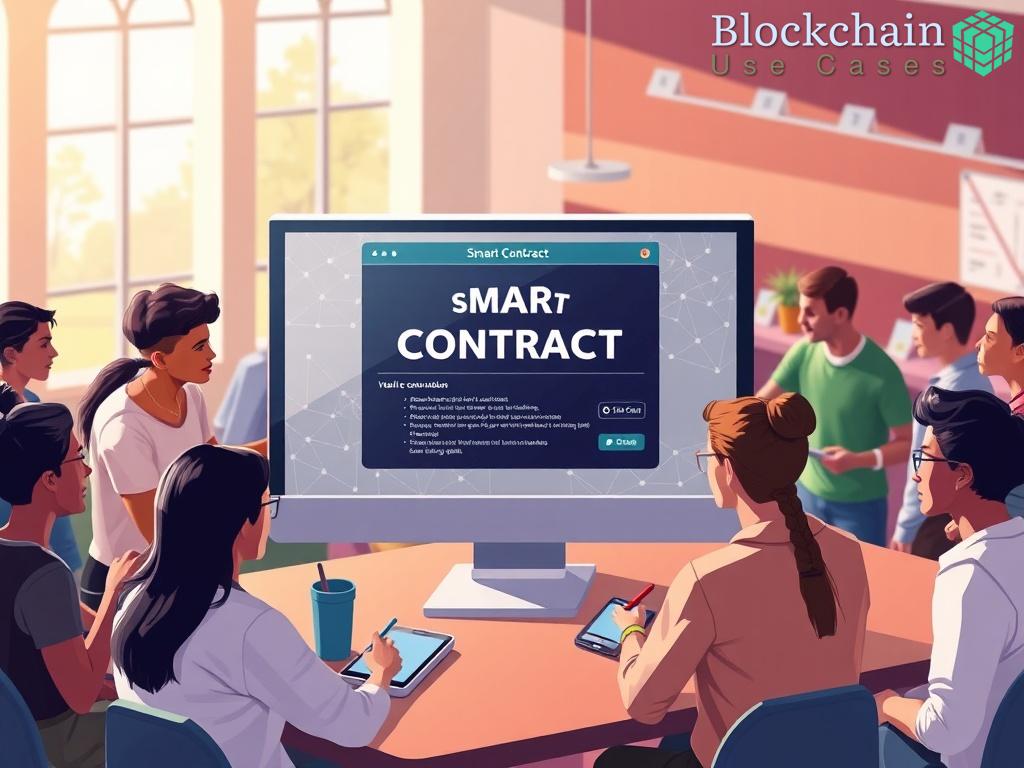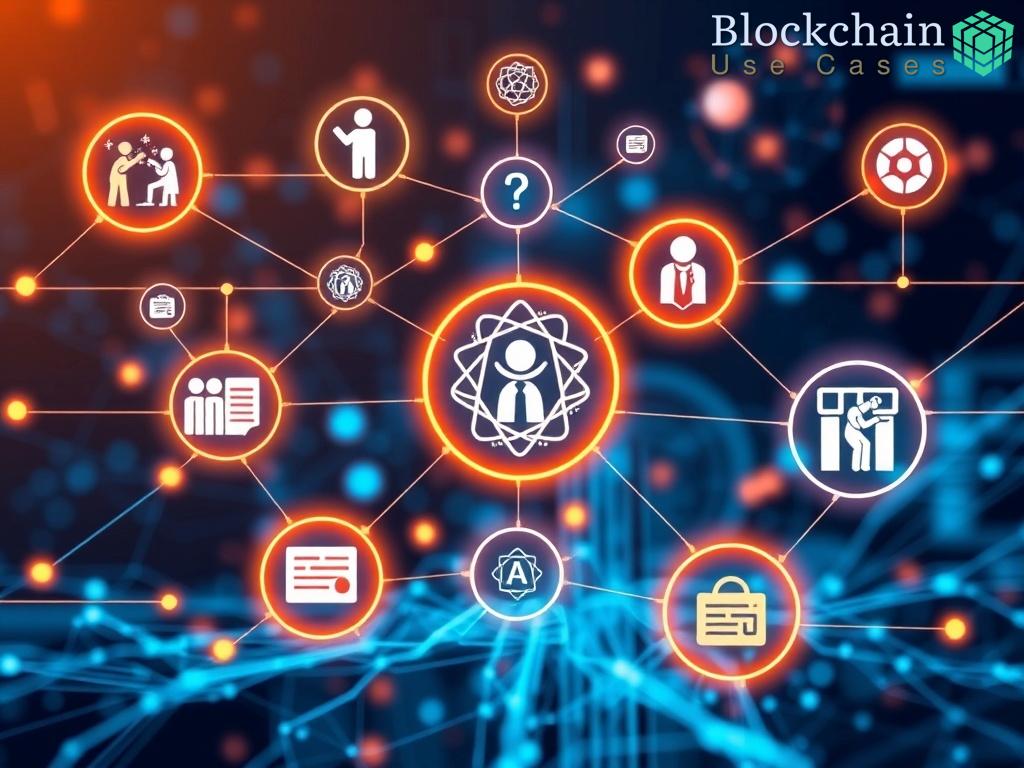In the realm of academic research, the safeguarding of intellectual property rights (IPR) has become a paramount concern. The emergence of smart contracts offers a transformative solution to manage and enforce these rights with unparalleled efficiency and transparency. This article explores how smart contracts can redefine the landscape of IPR management in academia, providing researchers with the tools they need to protect their innovations.
Understanding Smart Contracts and Their Relevance

At their core, smart contracts are self-executing contracts with the terms of the agreement directly written into code. They operate on blockchain technology, ensuring that all transactions are immutable and decentralized. This technological advancement is particularly relevant to academic research, where the intricate nature of intellectual property often leads to disputes and misunderstandings.
By employing smart contracts, researchers can automate the licensing process, track usage, and enforce compliance with minimal overhead. This not only streamlines operations but also significantly reduces the potential for human error or misinterpretation in contractual agreements.
A Comparative Analysis: Traditional IPR Management vs. Smart Contracts
The traditional approach to managing intellectual property rights in academic research often involves lengthy legal processes, which can be cumbersome and resource-intensive. In contrast, smart contracts offer a more agile and efficient alternative. Below is a comparative analysis that highlights the key differences:
- Transparency: Traditional methods often lack clarity, leading to disputes; smart contracts provide a transparent record of all transactions.
- Cost Efficiency: Legal fees and administrative costs can be prohibitive; smart contracts reduce these expenses by automating processes.
- Speed of Execution: Traditional contracts can take weeks or months to finalize; smart contracts execute instantly upon condition fulfillment.
- Security: Traditional methods are susceptible to fraud and manipulation; smart contracts are secured through blockchain encryption.
Implementation Challenges and Future Prospects
While the potential of smart contracts in managing intellectual property rights is immense, there are challenges that must be addressed. Issues such as technological integration, legal recognition, and the need for widespread adoption within academic institutions must be navigated carefully. Moreover, as the academic community continues to embrace digital transformation, educators and researchers alike must adapt to new paradigms of intellectual property management.
In conclusion, the integration of smart contracts into the management of intellectual property rights heralds a new era for academic research. By leveraging technology to protect innovations, researchers can focus on what truly matters: advancing knowledge and fostering creativity.


















